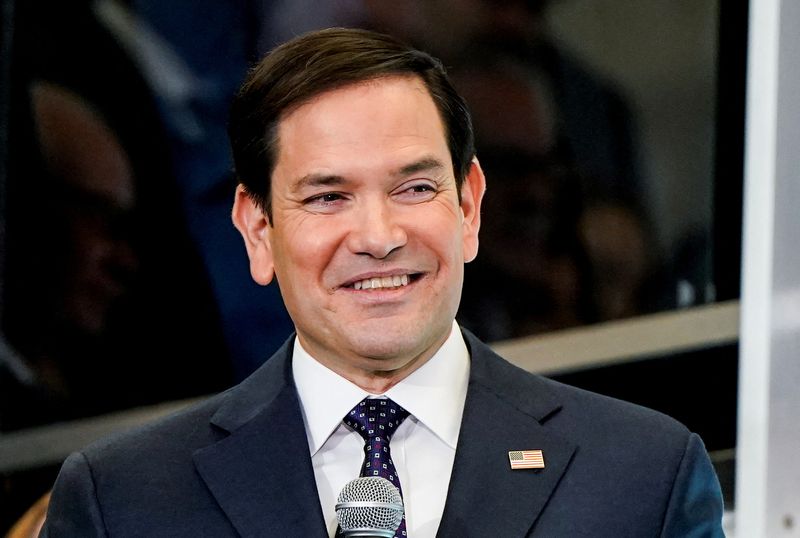
(Reuters) – New US Secretary of State Marco Rubio discussed with his Philippine counterpart on Wednesday China's “dangerous and destabilizing actions in the South China Sea” and stressed the “firm” US defense commitment to Manila.
The US State Department said in a statement regarding his phone call with Foreign Minister Enrique Manalo, “Secretary Rubio informed that (China's) behavior undermines regional peace and stability and is inconsistent with international law.”
The Philippines has been embroiled in maritime disputes with China in the past two years, and the two countries regularly face off over disputed areas in the South China Sea that lie within Manila's exclusive economic zone.
Rubio's call came after he hosted his counterparts from Australia, India and Japan at the China-focused “Quad” forum on Tuesday, a day after President Donald Trump returned to the White House. The four are committed to working together.
Quad members and the Philippines share concerns about China's growing power, and analysts said Tuesday's meeting was intended to signal continuity in the Indo-Pacific region, and that confronting Beijing would be a top priority for Trump.
During the call with Manalo, Rubio affirmed the United States' “firm commitments to the Philippines” under the Mutual Defense Treaty and discussed ways to enhance security cooperation, expand economic ties, and deepen regional cooperation, the statement said.
Prior to Trump's swearing-in, the Philippines and the United States carried out the fifth set of joint naval exercises in the South China Sea since the launch of joint activities in 2023.

Security clashes between the allies have escalated under Philippine President Ferdinand Marcos Jr., who has moved closer to Washington and allowed an expansion of military bases accessible to US forces, including facilities facing the island of Taiwan that is claimed by China but is democratically governed.
During his visit to the Philippines last week, Japanese Foreign Minister Takeshi Iwaya said that the tripartite initiative to enhance cooperation launched by Japan, the United States and the Philippines at last year's summit will be strengthened when the new US administration takes power in Washington.








